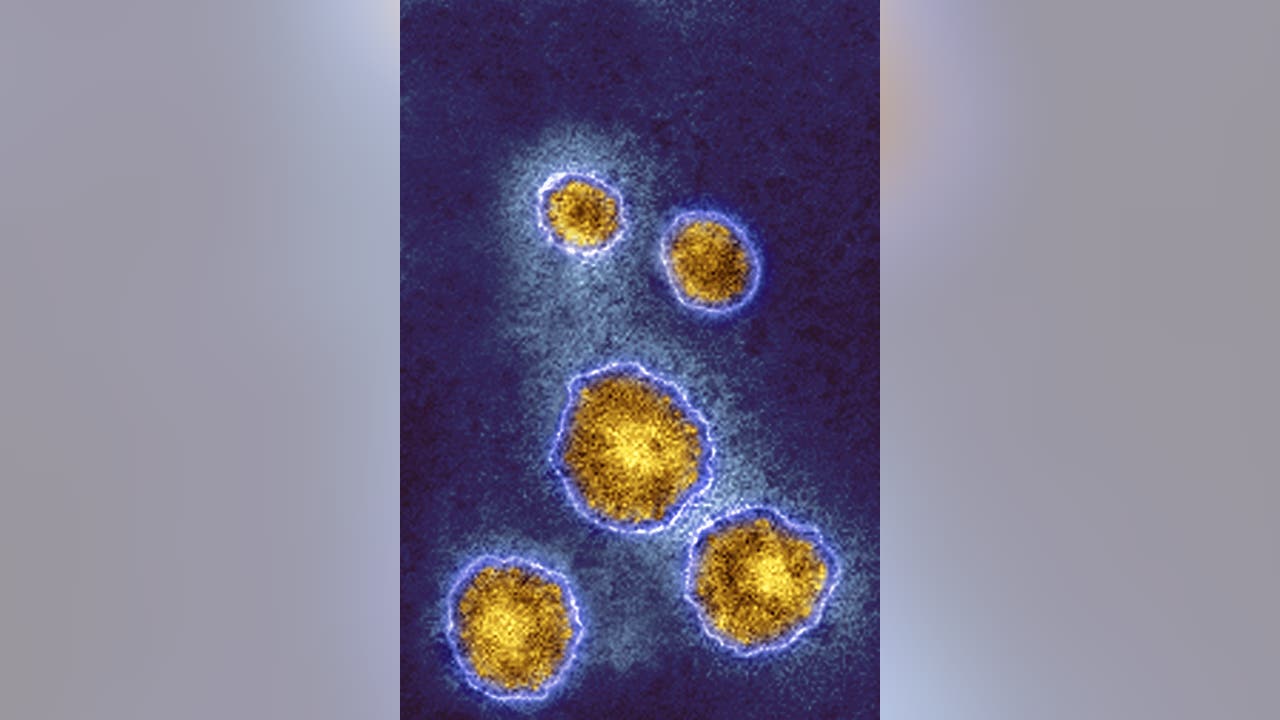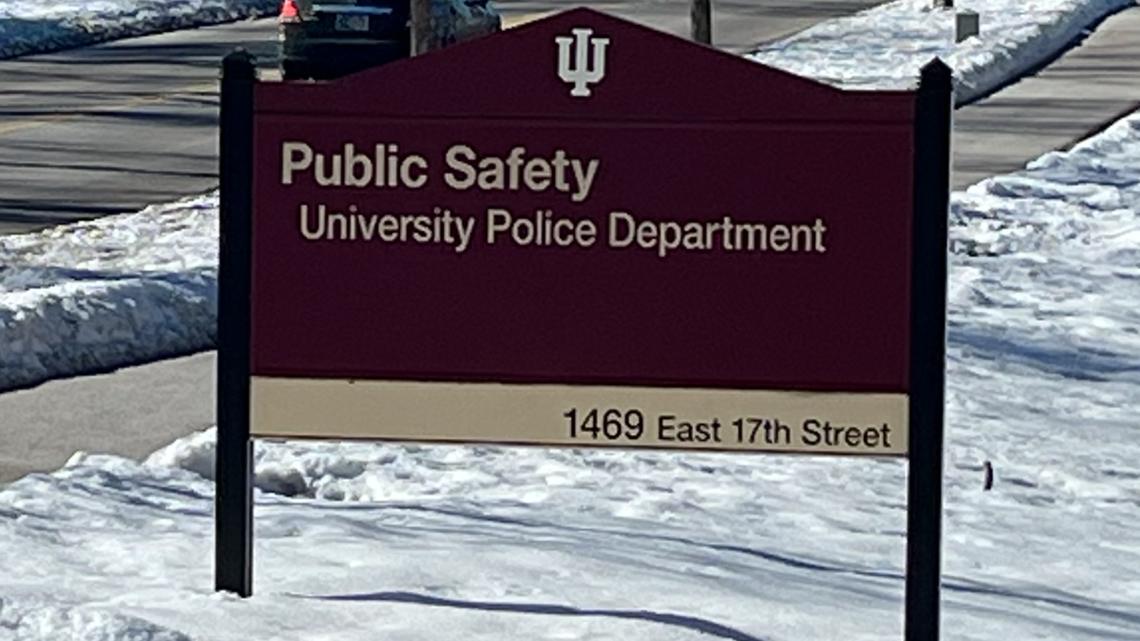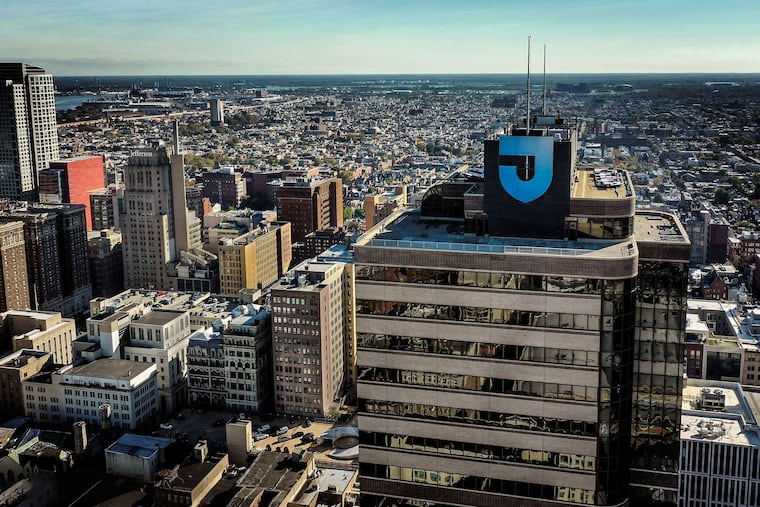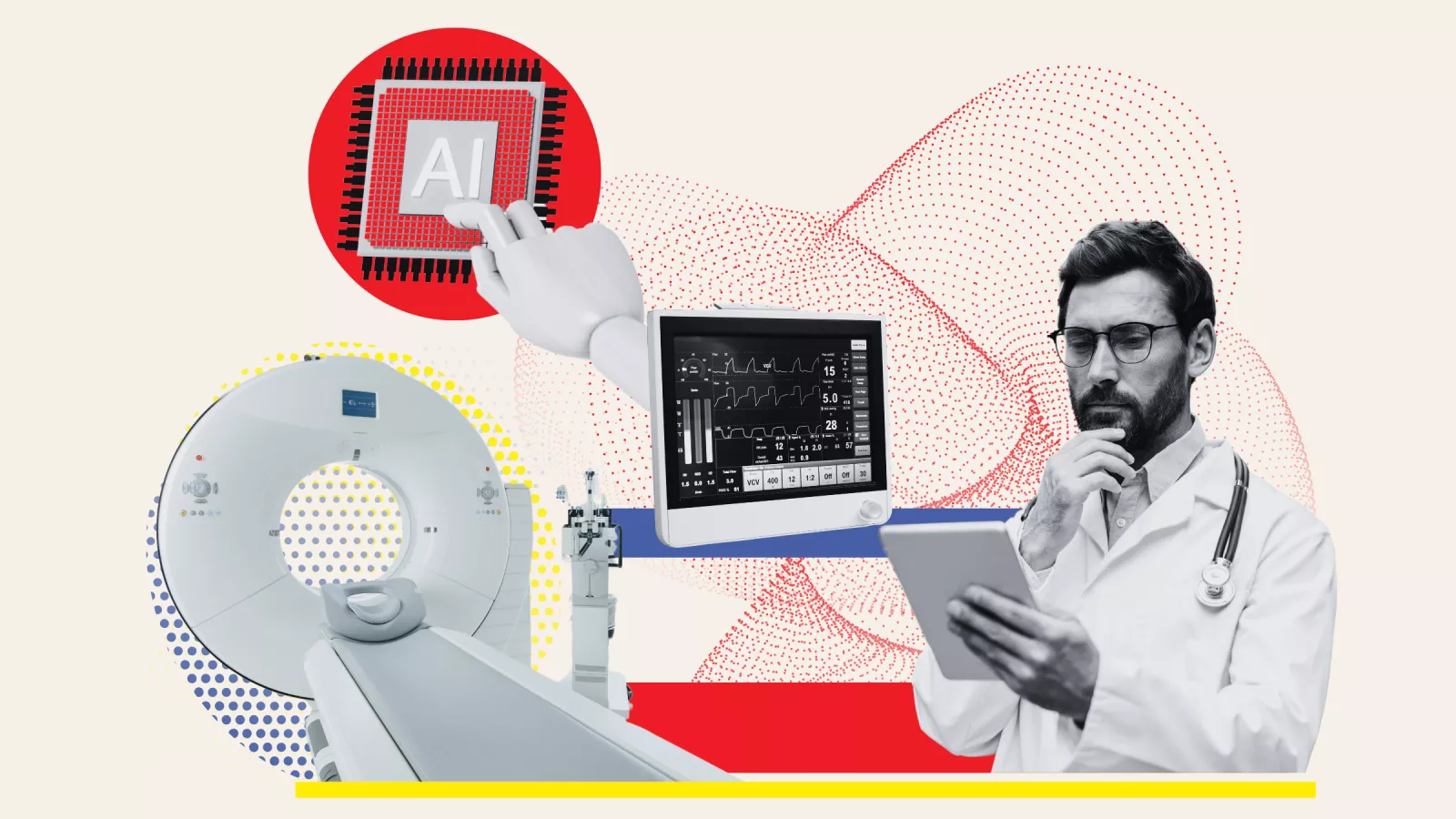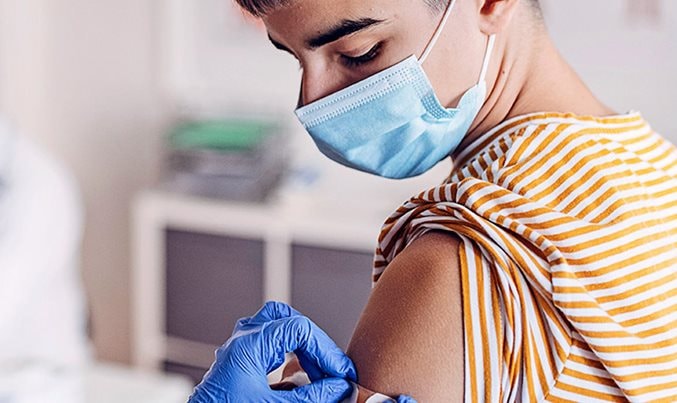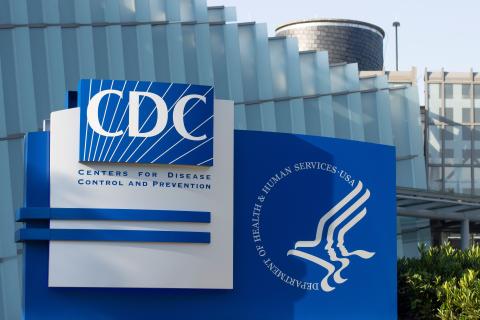Healthcare Education Reimagined: Pepperdine's $30M Campus Transformation Launches in Calabasas
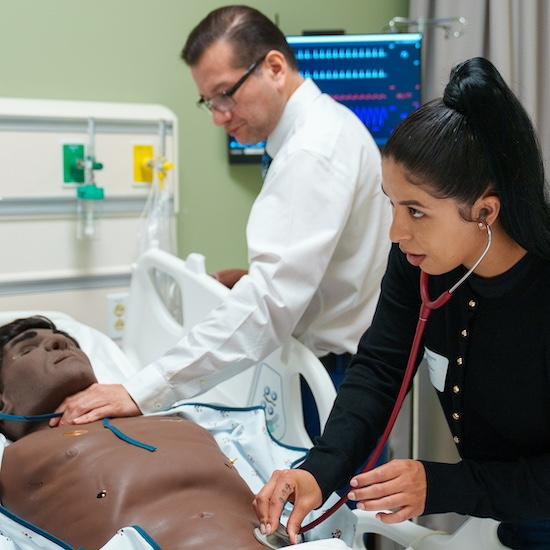
Pepperdine University is set to make a groundbreaking leap in healthcare education this fall with the grand opening of its innovative College of Health Science campus in Calabasas, California. The state-of-the-art facility spans an impressive 30,000 square feet, featuring cutting-edge clinical learning laboratories, advanced simulation exam rooms, and inviting collaborative spaces designed to inspire and prepare the next generation of healthcare professionals.
The inaugural student cohort will have the unique opportunity to immerse themselves in a dynamic learning environment that bridges academic theory with real-world medical practice. These meticulously crafted spaces are strategically designed to equip students with the skills, knowledge, and confidence needed to excel in the rapidly evolving healthcare industry.
As Pepperdine continues to push the boundaries of medical education, this new campus represents a significant milestone in the university's commitment to developing highly skilled and compassionate healthcare practitioners who are ready to make meaningful contributions to patient care and medical innovation.

